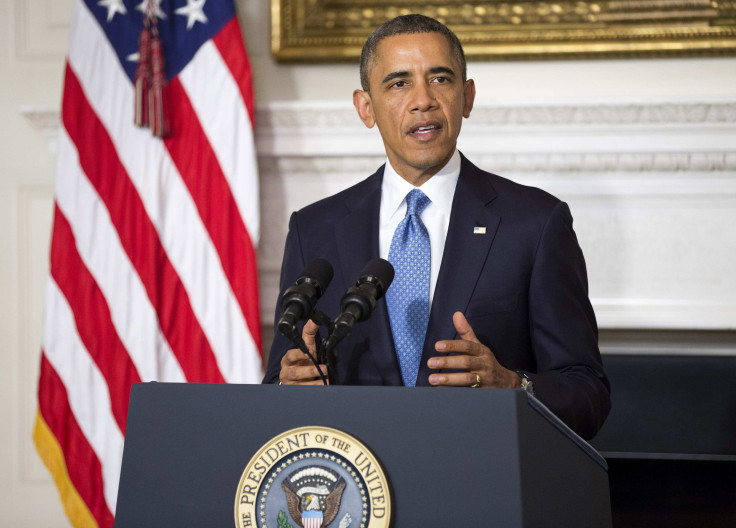US Held ‘Secret Talks’ With Iran Leaders Prior To Tehran Nuclear Deal

Leaders from six nations, including the U.S., reached a deal with Iran early Sunday over its nuclear program, ending nearly a decade of intense negotiations with the Islamic Republic. But according to The Associated Press, Sunday’s agreement was made possible by secret talks between the U.S. and Iran that occurred over the past year.
The Associated Press reported that over the past year, U.S. leaders have met with Tehran in a series of high-level, closed-door, direct negotiations held in the Middle Eastern state of Oman. Since March, Deputy Secretary of State William Burns and Vice President Joe Biden’s top foreign policy adviser, Jake Sullivan, have met with officials from Tehran at least five times. Sanctioned by President Obama, the talks were kept hidden even from America’s closest allies.
The U.S. first shared the secret negotiations with its ally Israel in September. Other U.S. allies only recently were made aware of the secret talks between the U.S. and Iran.
Russian President Vladimir Putin called the deal reached Sunday in Geneva a “win for all.” Some world leaders took to social media to voice their support for the agreement. “After decade of failed policies, world better off w/ Iran deal. Equity, trust building, respect & dialogue R key to any conflict resolution,” Mohammed ElBaradei, Egypt’s pro-democracy leader and former director of the United Nations nuclear watchdog agency, tweeted from his official account.
Praised by many as an important first step toward limiting Iran’s nuclear program, the decision didn’t sit well with everyone. Israel’s Prime Minister Benjamin Netanyahu harshly criticized the deal, calling it an “historic mistake” and saying that Israel will not honor the agreement. According to The Associated Press, Netanyahu said the world has become a “more dangerous place” because of the deal.
Following days of negotiations between Iran and the U.S., France, Germany, Britain, China and Russia, the deal reached Sunday includes easing crippling international sanctions on Iran in return for Iran’s agreement to halt its uranium enrichment program. The White House noted that Iran committed to curb its nuclear program and to neutralize its supply of uranium. Tehran officials also agreed to let U.N. inspectors into its plutonium reactor.
Supporters of the agreement say the stalling of Iran's nuclear program will allow the international community to verify whether Iran is pursuing nuclear power for peaceful purposes only.
President Obama addressed the agreement late Saturday, saying the historic deal “achieves a great goal.” But the president also warned that if Tehran does not honor the agreement, U.S. retribution would be swift.
"If Iran does not fully meet its commitment, we will turn off the relief and ratchet up the pressure," Obama said, adding that Iran must prove that its nuclear program will be exclusively for civilian use. "As we go forward, the resolve of the United States will remain firm, as will our commitment to our friends and allies -- particularly Israel and our Gulf partners, who have good reason to be skeptical about Iran's intentions.”
© Copyright IBTimes 2024. All rights reserved.






















